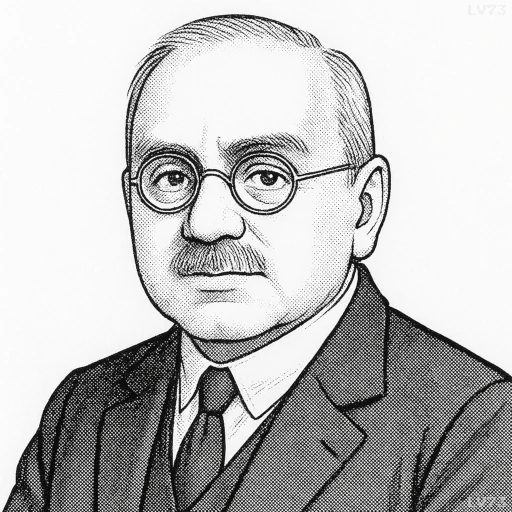“To be a human being means to possess a feeling of inferiority which constantly presses towards its own conquest. The greater the feeling of inferiority that has been experienced, the more powerful is the urge for conquest and the more violent the emotional agitation.”

- February 7, 1870 – May 28, 1937
- Austrian
- Psychotherapist, Medical Doctor, Founder of Individual Psychology
table of contents
Quote
“To be a human being means to possess a feeling of inferiority which constantly presses towards its own conquest. The greater the feeling of inferiority that has been experienced, the more powerful is the urge for conquest and the more violent the emotional agitation.”
Explanation
This quote captures the central concept in Alfred Adler’s theory of individual psychology: the feeling of inferiority as a universal and driving force in human life. Adler believed that every person, simply by being born helpless and dependent, experiences a fundamental sense of inadequacy. This inferiority becomes the stimulus for striving, pushing individuals to overcome their perceived deficiencies and to assert significance in the world. The more deeply this feeling is rooted, the stronger the person’s drive to compensate or excel.
Adler developed this theory in the early 20th century, opposing both Freud’s focus on unconscious sexuality and the deterministic models of his time. He argued instead that humans are goal-oriented beings, striving for superiority—not in a narcissistic sense, but as a means of achieving wholeness and social contribution. However, when the feeling of inferiority is too overwhelming, the effort to conquer it can result in extreme ambition, anxiety, or even destructive behavior, which Adler called the inferiority complex.
In the modern world, this dynamic is often seen in high-achieving individuals who are driven by early feelings of inadequacy, or in those who develop perfectionism, anxiety, or anger in response to deep-seated insecurity. Understanding this mechanism can help in both therapy and self-reflection. Rather than seeing ambition or emotional turmoil as arbitrary, Adler invites us to view them as responses to an inner struggle, and to redirect them toward constructive growth and genuine self-worth.
Would you like to share your impressions or related stories about this quote in the comments section?
